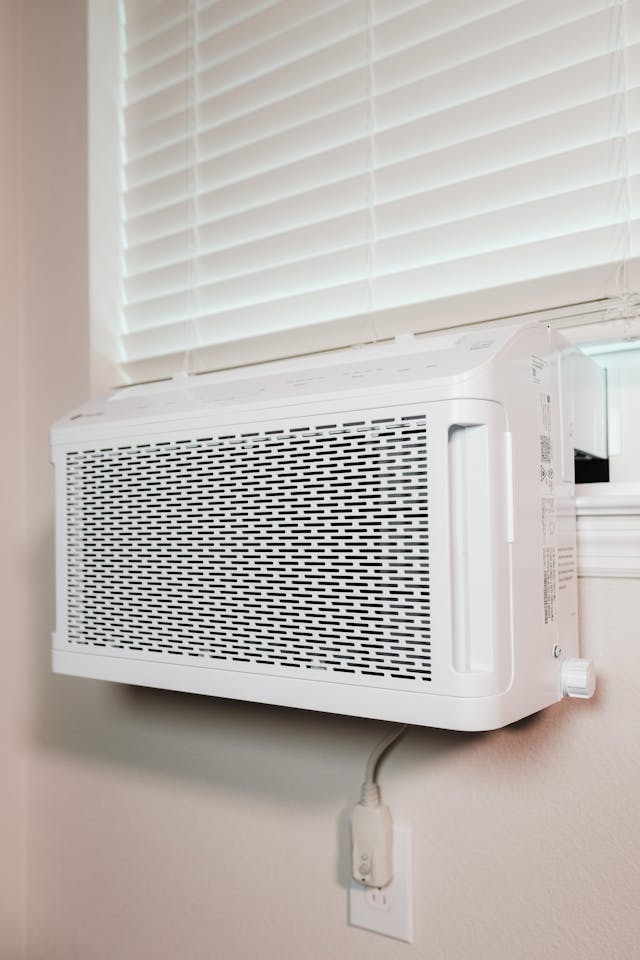We’re living in an age of self-care. It’s everywhere, and any millennial who’s anyone is hopping on this bandwagon. We’re talking yoga, bubble baths, and listening to what your body tells you. Do that, and you’ll be happy forever. Or, at least, that’s the hope.
In reality, self-care is so popular because it’s working wonders. In an age where we’re more anxious than ever, it’s encouraging us to get back in tune with our inner selves. That’s fantastic news, and it’s something all busy millennial minds could benefit from. But, new studies suggest there may be a dark side to our self-care obsession.
This doesn’t mean, of course, that you can’t still find benefits in a decent self-care routine. But, as with anything, moderation seems to be the key here. If you follow self-care blindly, you could well fall foul to the following less-appealing realities.
Not all cravings have good causes
Much of self-care is about listening to your body. That same rule applies when it comes to what we eat. Self-care advocates will urge you to eat what your body craves. They put the focus on the fact that your body will naturally seek out the nutrients you need if you just let it do the talking.
The issue is, that doesn’t always work. That’s because our natural body compasses are pretty messed up now. It’s no surprise given that we eat such high amounts of things like sugar and salt. Back in the cave age, listening to your body’s cravings would have seen you getting everything you needed.

Now, our desires are all messed up with the things we’ve taught ourselves to need. Often, our bodies crave things like fat and sugar out of little more than habit. This is especially the case if you’re focusing on self-care straight off the back of a high-fat, high-sugar diet.
Unsurprisingly, your body will continue to crave more of the same. That’s why we find foods like those offered at McDonald’s so addictive. Purely listening to your body, then, could well find you eating a diet which is pretty lacking.
Use your brain. If it doesn’t seem healthy, even your body’s cravings may not be a sign you should eat it.
Are you really nurturing yourself with inactivity?
When you look at the issue, you soon come to realize that most self-care habits involve inactivity. Even meditation involves sitting still. Equally, nurturing activities such as baths aren’t exactly going to win you a medal.
Focusing too much on self-care, then, could be letting your body down. Even if you do incorporate an exercise like yoga, there’s a real focus on only doing what you’re comfortable with. That’s a beautiful sentiment, but it might not help your body.
When it comes to fitness, pushing your limits is sometimes the only way to improve. As such, you would be far better off working with a certified personal trainer who could develop plans which are sure to push you further. It may not be what your body wants, but it’s what your body needs.

Most people also find that the more exercise they do, the more their body craves movement. Like the food issue, then, self-care could well teach your body terrible habits. If you keep sitting around for the majority of your evening, you can bet you’ll suffer for it later.
Weight gain is an obvious issue with inactivity, but it’s not the only risk. Failure to move enough can also lead to heart disease and joint problems. When you think about it like that, it’s fair to say that self-care isn’t caring for your body at all.
Does self-care put too much focus on change?
It’s also worth noting that self-care, like many lifestyle choices before it, has a real focus on change. No one gives this a go without hoping to see a real change in either their mental states or their bodies.
But, this focus has a few obvious downsides. Focusing too closely on change can lead you to give up when you don’t get it. And, that’s never a good habit to have. Instead, you want to look after your body in ways which focus on the doing, rather than the end goal.
Anyone who’s exercised to see immediate changes will tell you that it isn’t feasible. Instead, it’s crucial to stick at things for the enjoyment of doing them, and see those changes later on. Your self-care attitude could be damaging your chances of ever getting healthier in the future. You are, after all, training your brain to expect changes straight away.
Is this just another thing to worry about?
Even with all that in mind, you may think that self-care is still perfect for your mental wellbeing. And, in many ways it is, but it isn’t all roses. Even from a mental health standpoint, self-care can do some damage. That’s because, often, it just becomes another thing you need to worry about.
Rather than freeing up your evenings, this could see you have to make time for things like meditation. That could mean piling on more pressure or, worse, skipping something like physical exercise. More often than not, this is the last thing people on a self-care kick need. They’re looking for ways to ease anxiety and clear their minds, not give themselves more to focus on.
If you’re a diehard self-care fanatic, then, you could well be doing damage to every aspect of your health.
Of course, none of this means that self-care can’t still serve you. It’s fantastic that we’re taking time out to get back to our roots. But, you do need to keep your head screwed on to ensure that your self-care journey remains on the right track.
The best way to do that is to ask whether something feels right before going ahead. If not, you may be best off putting self-care aside and focusing on what’s actually good for you.
- Top 10 AI Tools for Time Management in 2025: Boost Productivity and Reclaim Your Time - October 10, 2025
- The Sixth Sense: Signs You’re More Intuitive Than You Think - August 28, 2023
- Unpacking the Phrase: The Deep Meaning of ‘She Distanced Herself to Save Herself - August 2, 2023



I love this and so agree. There is a balance is all things! We need to listen to our bodies but also resist the temptation to follow every whim and desire:)